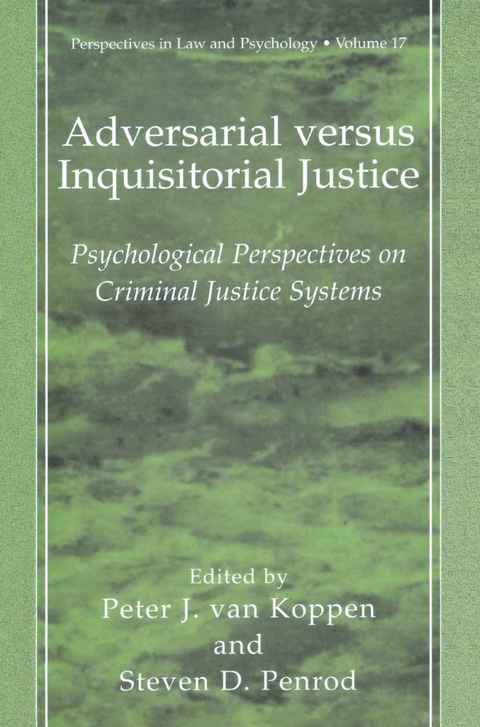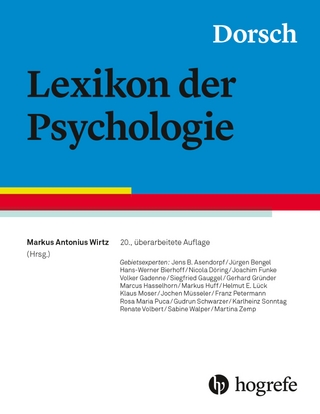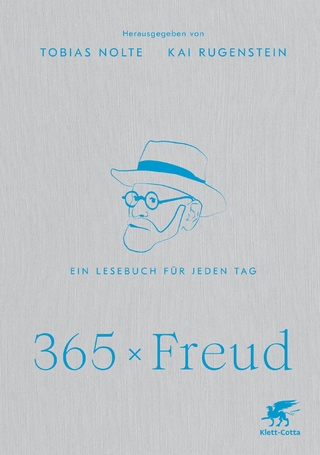
Adversarial versus Inquisitorial Justice
Springer-Verlag New York Inc.
978-1-4613-4832-0 (ISBN)
About the Editors. About the Authors.
1. Adversarial or Inquisitorial: Comparing Systems; P.J. van Koppen, S.D. Penrod.
2. Adversarial or Inquisitorial: Do we Have a Choice? H.F.M. Crombag.
3. An Empirically Based Comparison of American and European Regulatory Approaches to Police Investigation; C. Slobogin.
4. 'We Will Protect Your Wife and Child, but only if You Confess': Police Interrogations in England and the Netherlands; A. Vrij.
5. Violence Risk Assessments in American Law; J. Monahan.
6. The Dual Nature of Forensic Psychiatric Practice: Risk Assessment and Management under the Dutch TBS-Order; C. de Ruiter, M. Hildebrand.
7. The Death Penalty and Adversarial Justice in the United States; S.R. Gross.
8. Taking Recovered Memories to Court; H. Merckelbach.
9. Adversarial Influences on the Interrogation of Trial Witnesses; R.C. Park.
10. Children in Court; I.M. Cordon, et al.
11. Identification Evidence in Germany and in the US: Common Sense Assumptions, Empirical Evidence, Guidelines, and Judicial Practices; S.L. Sporer, B.L. Cutler.
12. Expert Evidence: The State of the Law in the Netherlands and the United States; P.T.C. van Kampen.
13. Expert Witnesses in Europe and America; M.J. Saks.
14. The Role of the Forensic Expert in an Inquisitorial System; T. Broeders.
15. Psychological Expert Witnesses in Germany and the Netherlands; C. Knörnschild, P.J. van Koppen.
16. Preventing Bad Psychological Scientific Evidence in the Netherlands and the United States; P.J. vanKoppen, M.J. Saks.
17. Styles of Trial Procedure at the International Criminal Tribunal for the Former Yugoslavia; F.J. Pakes.
18. Convergence and Complementarity between Professional Judges and lay Adjudicators; S. Seidman Diamond.
19. The Principle of Open Justice in the Netherlands;R. Hoekstra, M. Malsch.
20. The John Wayne and Judge Dee Versions of Justice; P.J. van Koppen, S.D. Penrod. Legal Citations. References. Index.
| Reihe/Serie | Perspectives in Law & Psychology ; 17 |
|---|---|
| Zusatzinfo | X, 437 p. |
| Verlagsort | New York, NY |
| Sprache | englisch |
| Maße | 155 x 235 mm |
| Themenwelt | Geisteswissenschaften ► Psychologie ► Allgemeines / Lexika |
| Geisteswissenschaften ► Psychologie ► Psychoanalyse / Tiefenpsychologie | |
| Recht / Steuern ► EU / Internationales Recht | |
| Recht / Steuern ► Strafrecht ► Kriminologie | |
| ISBN-10 | 1-4613-4832-3 / 1461348323 |
| ISBN-13 | 978-1-4613-4832-0 / 9781461348320 |
| Zustand | Neuware |
| Haben Sie eine Frage zum Produkt? |
aus dem Bereich


